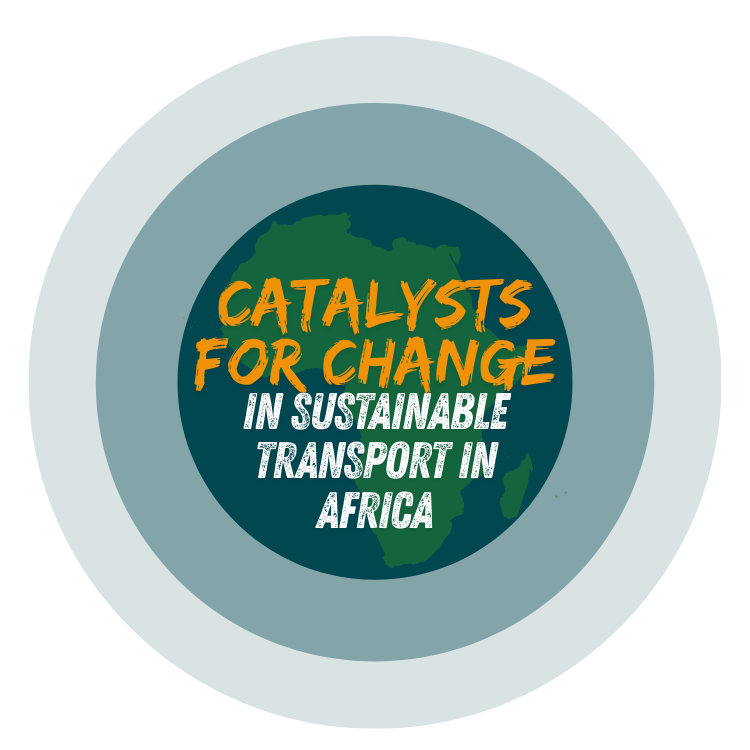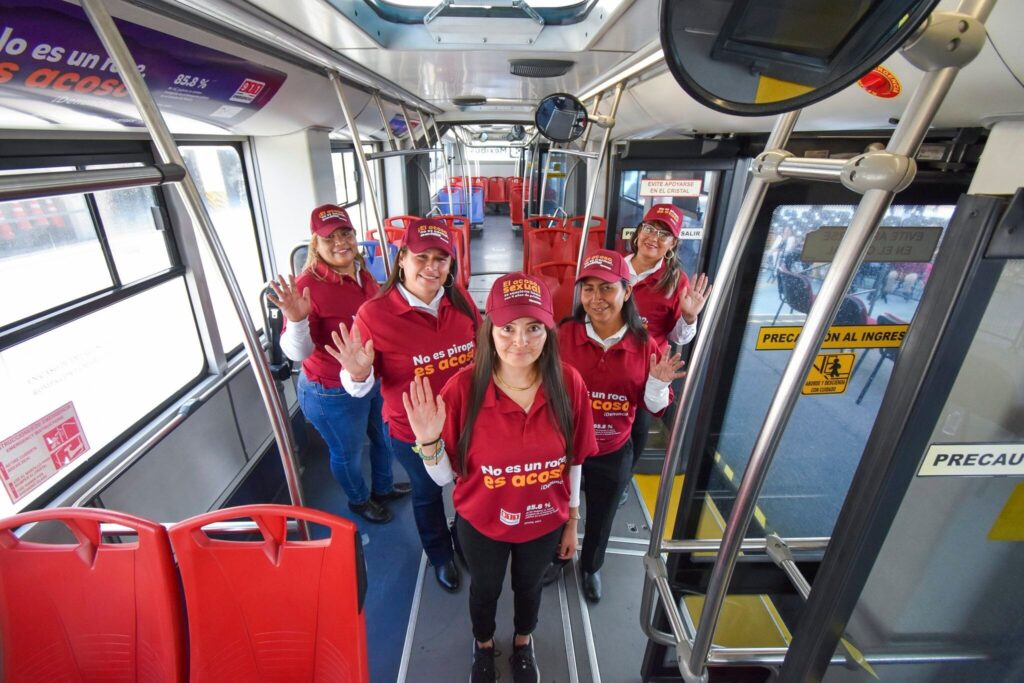
Our goal is for collective public transport to become an example of a harassment-free, violence-free space.
Mtra. Mónica Durán Chávez, Secretary of Women, State of Mexico
In the State of Mexico, everyday journeys often come with unease for many women. Surveys conducted on Mexibús Line 1 revealed that over 60% of women had experienced harassment, and 40% did not know how to report incidents. These stark numbers highlighted the urgent need for systemic solutions to ensure women can move freely and safely.
In May 2025, the Secretariat of Women and the Secretariat of Mobility of the State of Mexico launched the “We Move Safely” (Nos Movemos Seguras) Strategy, accompanied by the Protocol for Addressing Cases of Sexual Harassment in Public Transport, the first in Mexico to adopt an intersectional and intercultural approach.
Both milestones grew from the “Segura Mx” pilot on Mexibús Line 1, coordinated by the Ministry of Mobility, the Mass Transit and Cable Car System, and the German Development Cooperation (GIZ) within the framework of the TranSIT project. The pilot demonstrated that collaborative, evidence-based action can spark institutional change and turn a single route into a model for safer mobility across an entire state.
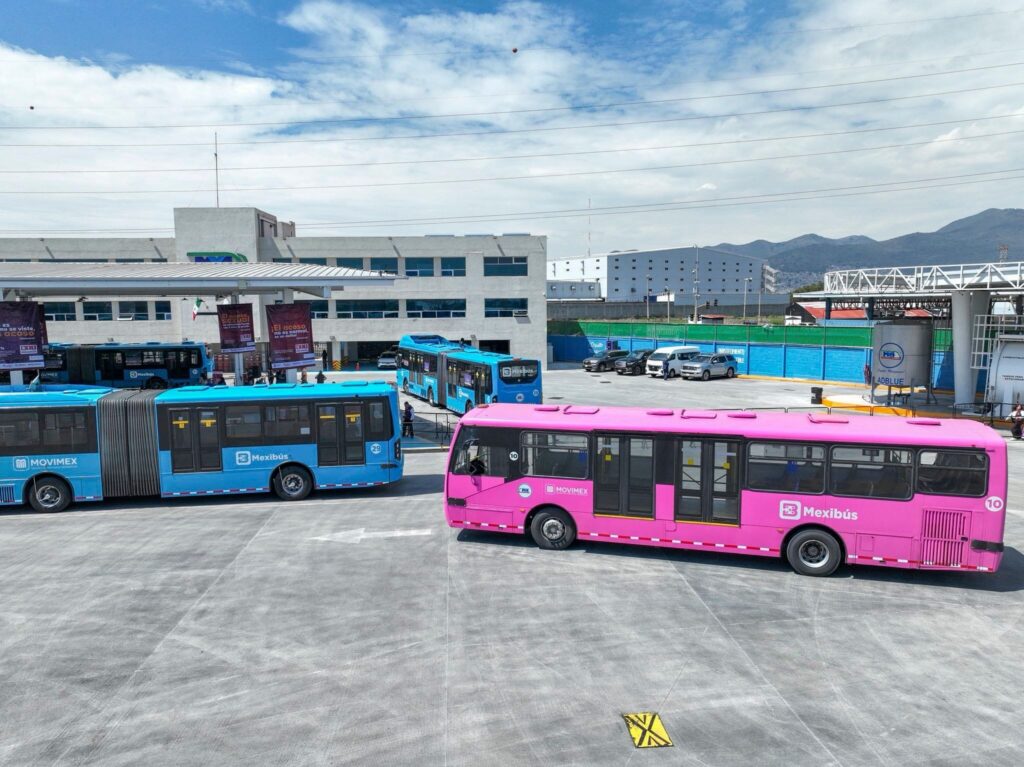
Public transport is essential to daily life — getting to work, school, or services — yet for many women it has long been a space of risk. Harassment not only threatens safety, but it limits mobility, reduces access to opportunities, and undermines confidence in public services.
A diagnostic assessment during the “Segura Mx” pilot confirmed the scale of the problem: 6 in 10 women reported being harassed or assaulted while using public transport. Yet, most incidents went unreported, revealing a lack of institutional mechanisms for prevention and response. This reality made clear that ensuring safety for women in transport requires more than awareness campaigns: it demanded a systemic change in how authorities, operators, and communities address violence and safety.

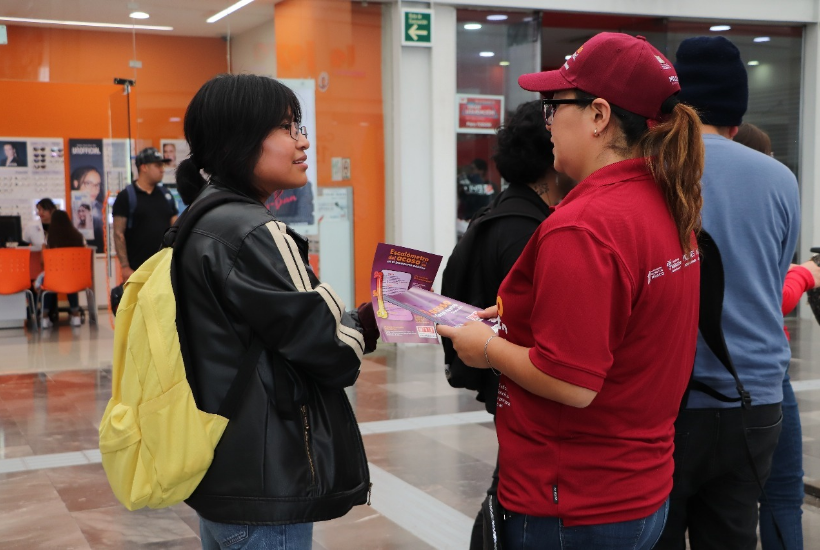
The “Segura Mx” pilot was implemented over ten months on Mexibús Line 1 by the State’s Ministry of Mobility, the Mass Transit and Cable Car System, and GIZ, under the Transition towards an Integrated, Accessible and Smart Public Transport System in Mexico (TranSIT) project, commissioned by the German Federal Ministry for Economic Cooperation and Development (BMZ).
The project combined research, inter-institutional dialogue, and training:
These steps created the foundation for a statewide initiative, now reaching over 135,000 daily users, primarily women and girls, with awareness campaigns in stations, vehicles, and service points.
The successful implementation of the Protocol requires a commitment from everyone.
Mtro. Daniel Sibaja, Secretary of Mobility, State of Mexico
The “We Move Safely” Strategy and the Protocol for Addressing Sexual Harassment in Public Transport were formally presented in May 2025, with the Governor of the State of Mexico, Delfina Gómez Álvarez, and the German Embassy in attendance.
The Protocol sets out clear institutional responsibilities, reporting mechanisms, and preventive measures to ensure safer travel for women, girls, and adolescents. It represents a milestone in Mexico: the first state-led instrument to institutionalise a gender perspective and human-rights approach in public transport.
Its success is already inspiring others. Together with the World Resources Institute (WRI), GIZ is now supporting the replication of the protocol in two other states, helping more regions move toward gender-responsive transport systems.
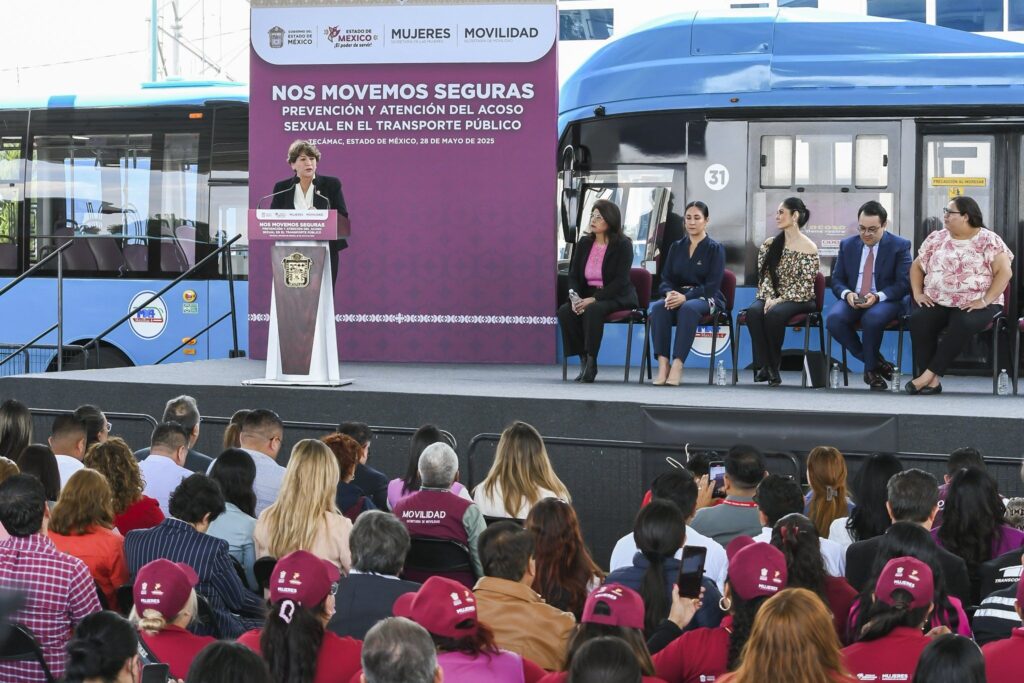
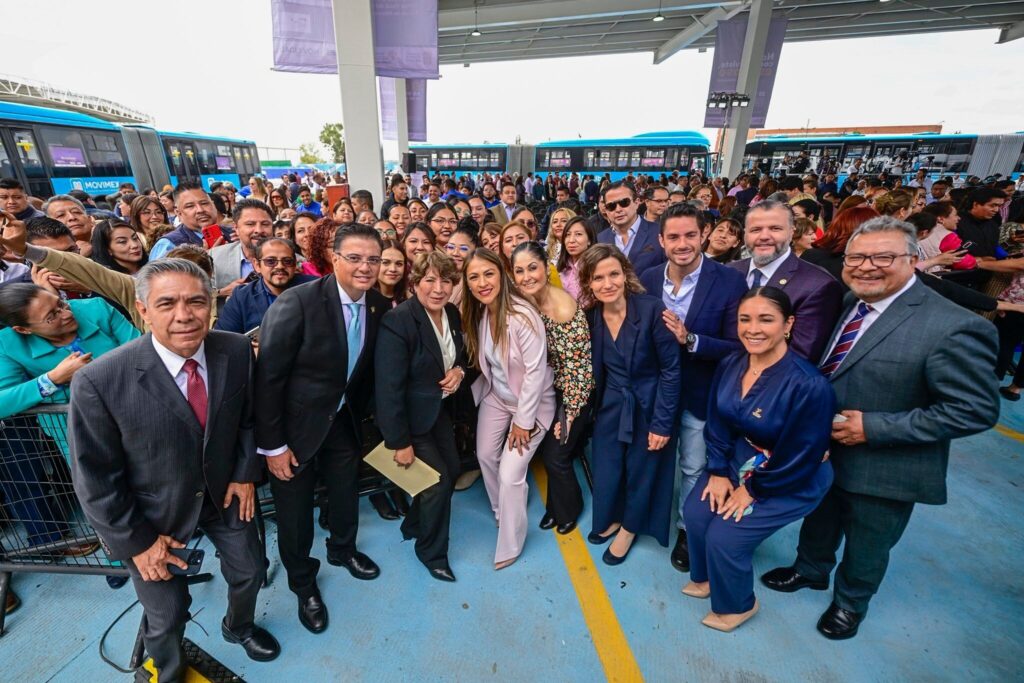
The journey from pilot to policy in the State of Mexico shows what’s possible when institutions, international cooperation, and civil society work hand in hand. It also highlights a crucial truth: gender equity and safety are essential pillars of sustainable mobility.
As the “We Move Safely” strategy continues to expand, it is redefining public transport: not just as a means of travel, but as a space of safety, equity and respect. Mexico’s experience shows how meaningful change begins: with data, dialogue, and determination.
The Transition Towards an Integrated, Accessible and Smart Public Transport System in Mexico (TranSIT) project, implemented by GIZ on behalf of the German Federal Ministry for Economic Cooperation and Development (BMZ), supports Mexico in building safe, inclusive, and smart public transport systems. The project strengthens institutional capacity, pilots innovative solutions, and promotes gender-responsive mobility planning across the country.
 Campaign to prevent any type of sexual violence on public transport © Gobierno del Estado de México
Campaign to prevent any type of sexual violence on public transport © Gobierno del Estado de México

José Manuel Landin
jose.landin@giz.de
Visit profile
If you believe that you suffer (potential) negative social and/or environmental consequences from IKI projects, or wish to report the improper use of funds, to voice complaints and seek redress, you can do so using the IKI Independent Complaint Mechanism.
